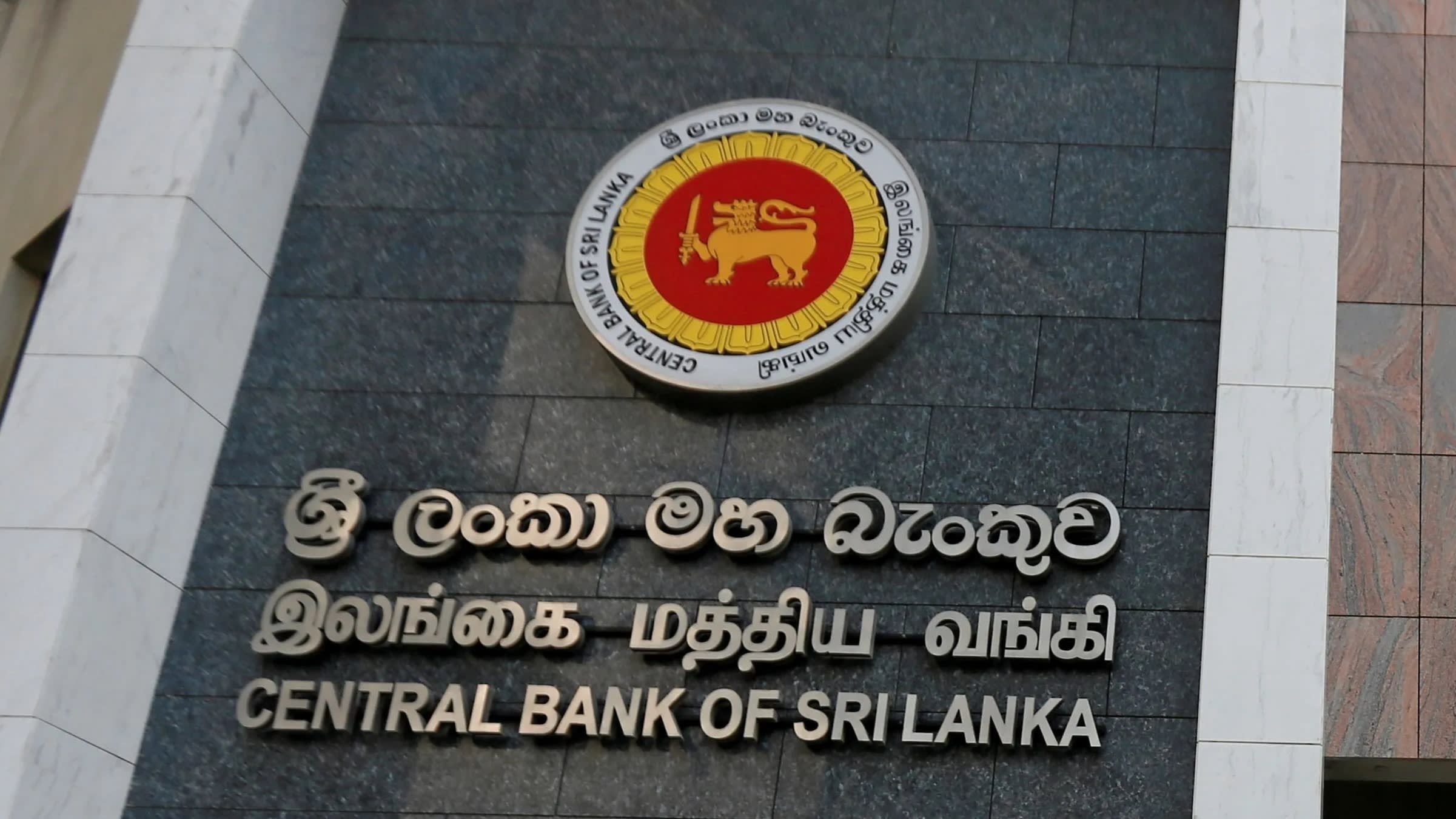
The Fitch Ratings credit rating agency has issued another downgrade for the Bank of Ceylon’s (BOC) Long- and Short-Term Foreign Currency (FC) Issuer Default Ratings (IDRs) to 'RD' (Restricted Default) from 'CC' and 'C', respectively.
The organisation also downgraded the Viability Rating (VR) to 'f' from 'cc' and removed the ratings from Rating Watch Negative (RWN).
In their report, Fitch notes missing payments on the BOC's foreign-currency obligations. In May, Sri Lanka defaulted on its foreign debts for the first time, becoming the first Asia-Pacific country in decades to default on foreign debt.
The missed payments, which were originally due April 18, were for interest on two $1.25bn international sovereign bonds maturing in 2023 and 2028. Now that the island is in ‘hard default’ there are fears that cross-default clauses could bring more of Sri Lanka’s debt due.
The Fitch report also notes that “foreign currency obligations have been significantly impeded by the sovereign's worsening credit profile which has limited the bank's access to foreign currency funding and liquidity. We believe that any foreign-currency liquidity flows from the state or the CBSL is unlikely to be forthcoming, given the sovereign's default status and precarious reserve position”.
“We have lowered BOC's earnings and profitability score to 'ccc'/negative from 'ccc+'/negative, underpinned by our view that the difficult OE is likely to constrain the bank's earnings and profitability. We believe that the sovereign default and ensuing macroeconomic challenges increase the possibility of BOC becoming structurally unprofitable. The negative outlook on the score is due to the downside risk from potential economic fallout” the report adds.
Commenting on what could lead to a further downgrade Fitch state that “the rating is already at its lowest level, and thus has no downside risk”.
Read the full report here.
